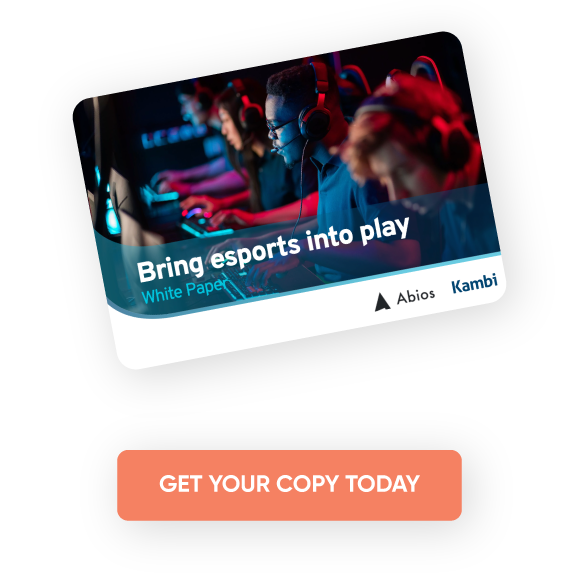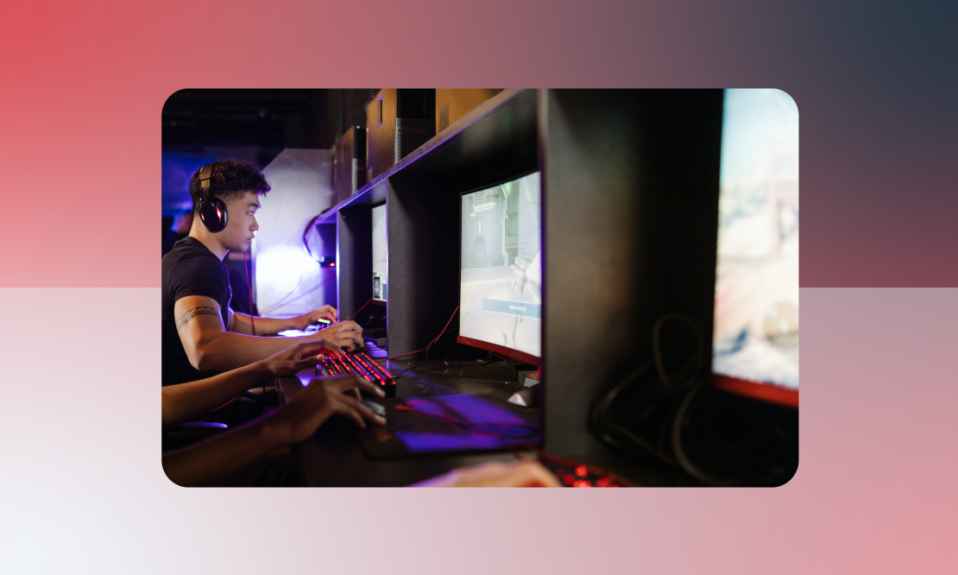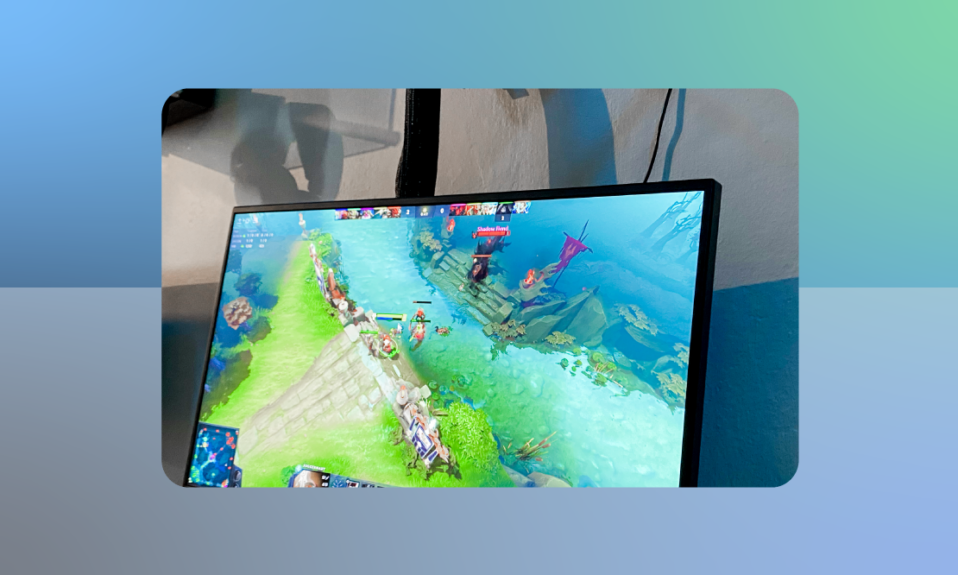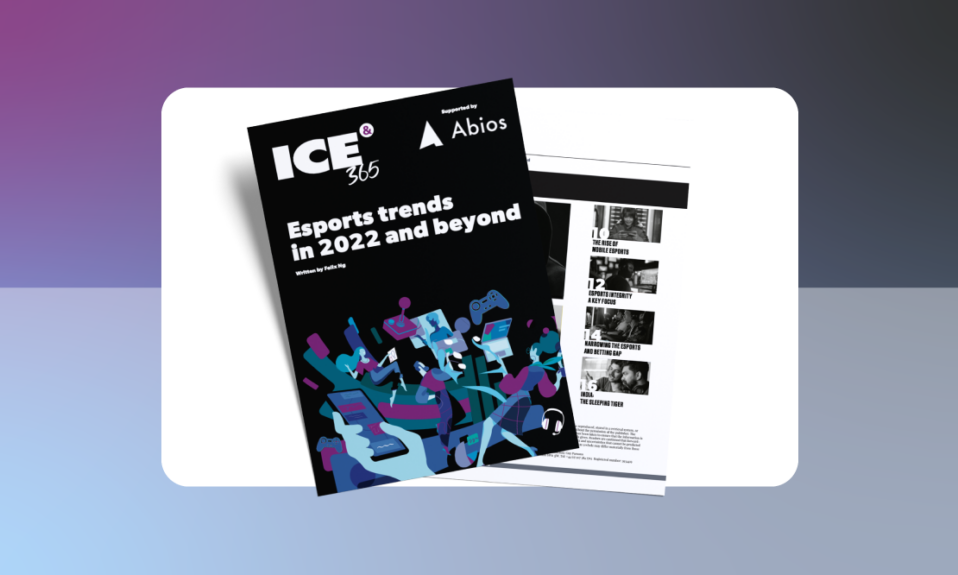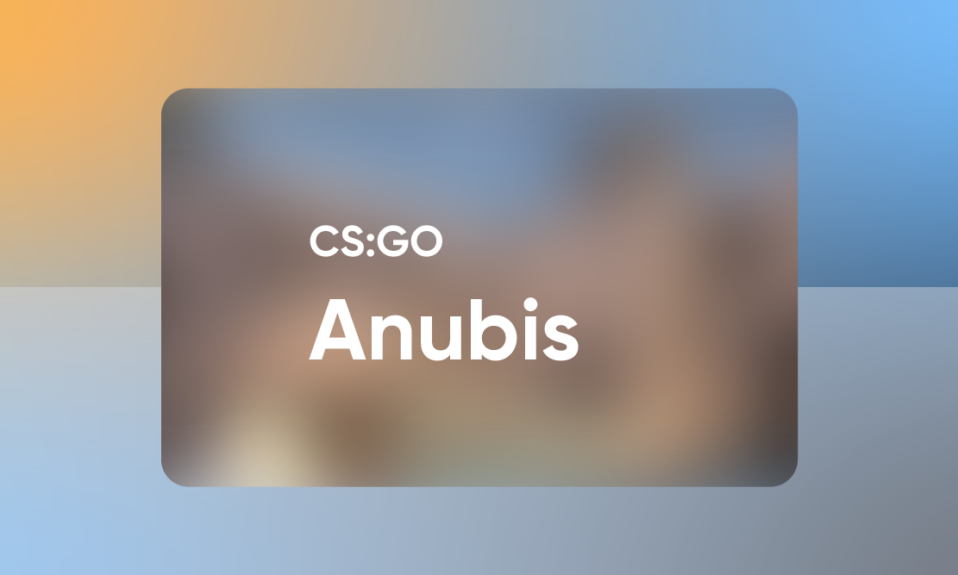
Oskar Fröberg founded Abios with Anton Janer in 2013, and from its early roots at Stockholm School of Economics and Royal Institute of Technology, the company has grown to supply its esports data and product services to more than 60 clients across the globe, providing the expertise and intuition that come from nearly a decade of operations in the sector.
He is joined by Tomas Ericsson, Abios’ VP of Odds, to explore some of the key trends in esports betting and share insights on how the sector is set to develop over the years to come.

The pandemic elicited a surge in esports betting as traditional sports competitions were cancelled. Do you believe that the same level of growth will continue?
OF: Esports is widely considered the next growth segment in sports betting. The hype doesn’t come without merits, as it has a growing audience and showcases resilience to pandemics and recessions alike. Not to mention that there are around-the-clock content and competitions, which fills the gaps in the somewhat seasonal traditional sports calendar. For it to reach its full potential though, we believe the product-side needs to be improved with higher uptime, tailored offerings and improvements to real-time round-by-round betting.

What potential does FIFA and other sports simulators have in the betting market going forward?
TE: While neither NBA2K nor FIFA will take the place of football or basketball betting anytime soon, they act as a great complement to the existing offering. They provide bet offers traditional fans are already familiar with, and a solution to seasonality which can lead to a reduction in betting opportunities post-season. Moreover, the digital nature of the games enables the easier creation of new bet offers and allows the odds providers to explore new player interests. These insights can then be used in regular sports.
Are there any other newcomers or particular games we should look out for?
OF: Mobile esports has grown tremendously in the past few years, with the Singapore Free Fire World Championship 2021 surpassing all-tournament viewership numbers for PC and console-based esports. The growth segment could, with time, make a successful entrance into the betting space.
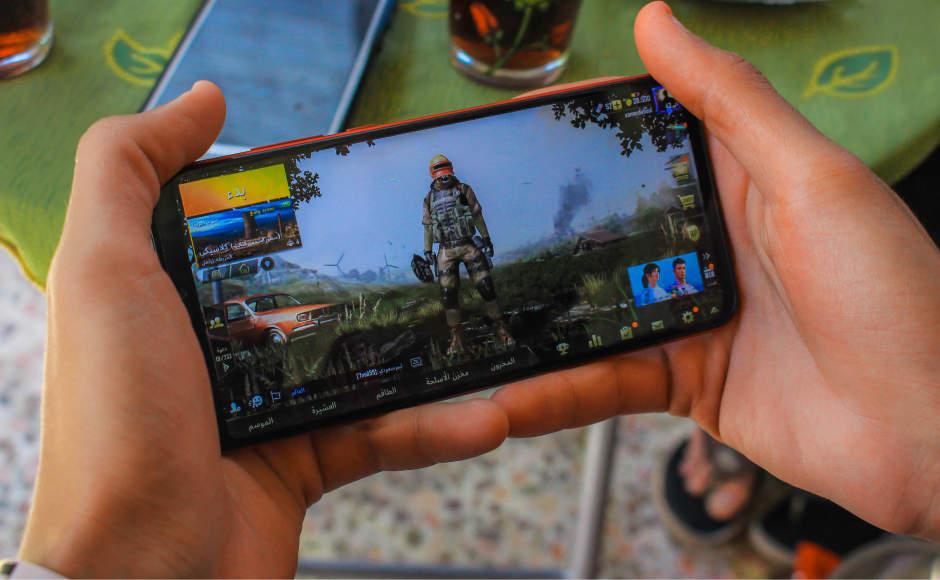
The major obstacle for betting on mobile esports is currently that the segment is largely popular in countries and regions without regulated betting, such as China, India and Southeast Asia.
Western regions, such as Europe, in which regulated sports betting has a profound history and support, hasn’t adopted mobile esports to the same extent, neither in terms of viewership nor in betting. Time will tell if the Western audiences will delve into mobile esports in the same way as the rest of the world has.
Another interesting title to look out for is Halo Infinite, which has strong potential to become a contender for the top three esports spots in a sportsbook, given Halo’s rich history and popularity.
What are the current major challenges for esports in contrast to traditional sports betting?
TE: Live markets are, as many are aware, very popular in regular sports. The same holds true in esports. However, in order to ensure high uptime of live markets, server data needs to be obtained. However, this data is often hard and/ or expensive to acquire and is most often sold exclusively. There are several tournament organisers in all tiers of esports and obtaining data from them all is a costly and time-consuming process.
The US market is becoming regulated in terms of esports betting – do you believe the big three games (LoL, CS:GO and Dota 2) will be as popular there or do you see other games taking the lead?
OF: There are certainly some titles that see more popularity in the American market than in Europe, such as Call of Duty. For it to overtake the big three of LoL, Dota 2 and CS:GO will remain to be seen, but this is at least not likely to happen within the next 12-24 months.
Do you see any particular trends on the operator and or supplier side?
TE: On the operator side, there is an appetite for a great betting product on esports with a desire to offer a different betting experience than the one offered for regular sports. The trend aligns well with our own hypotheses; The younger generation of players, and especially those with an interest in esports, have different expectations of the betting experience. The product must be easier to use from an end-user perspective and important metrics such as uptime must be excellent.
How does Abios’ offering differ from the other odds suppliers in the market?
OF: With the vast knowledge in sports betting best practices from Kambi and our profound experience in esports, we believe we’ve been able to locate the current issues in the product offering available today. Based on that, we’ve developed novel betting solutions that will be able to compete with the leading actors in the field.
Gather more insights about esports betting in our new whitepaper!
